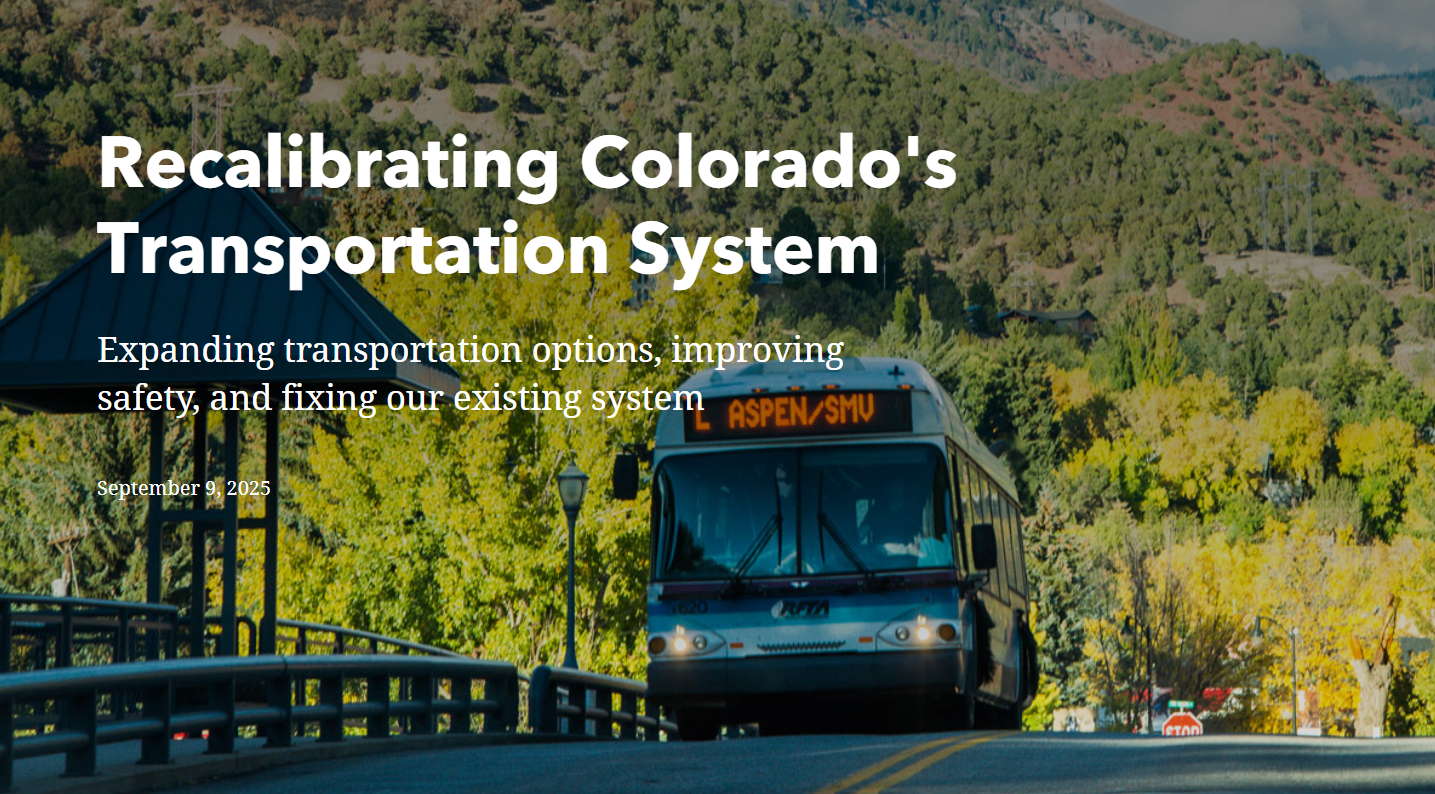
Transportation Electrification in Nevada
November 22, 2018
Authors
Will Toor
Transportation is now the largest source of greenhouse gasses in U.S. Getting EVs on the road benefits all utility customers and help states realize both environmental and economic benefits.












